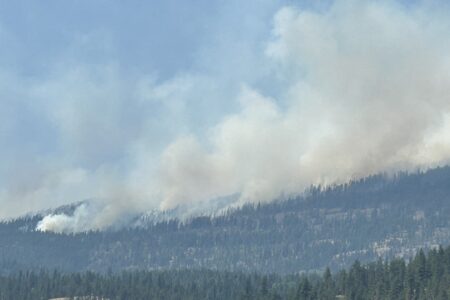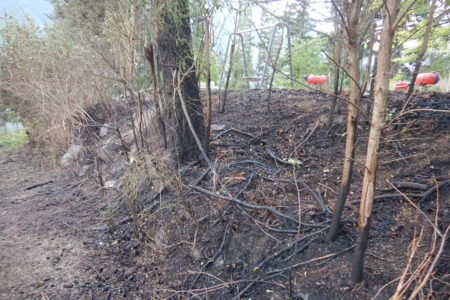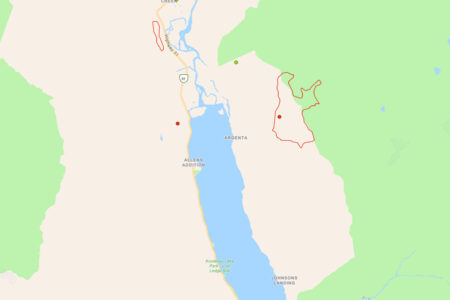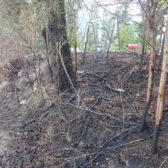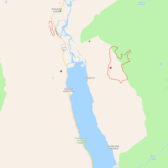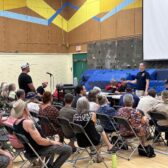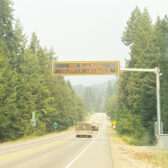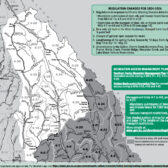Done deal: Five-year financial plan finds home after board adoption
When the dust cleared on the regional district’s final budget document the regional government was able to cut its budget increase by nearly half from its January prediction.
Delivered on March 21, the board of directors of the Regional District of Central Kootenay (RDCK) adopted its 2024-2028 Financial Plan Bylaw — which must be completed by end of March — with a 5.8 per cent average increase in property taxes for RDCK residents.
Although increases could vary across the 11 electoral areas (rural) and nine member municipalities, the RDCK board was able to trim the 11.1 per cent proposed increase in the draft plan in January to 5.8 per cent. Nelsonites will feel a 4.6 per cent bite on their tax bill, down from the 12.6 per cent proposed in February.

The improvement was achieved due to the efforts of both RDCK staff and directors over the past two months, said Yev Malloff, RDCK chief financial officer.
“Part of the improvement was also aligning the way we calculate the taxation change with other B.C. local governments,” she said. “The 5.8 per cent figure places the RDCK at the lower end of the scale for 2024 regional district taxation increases. However, it is important to recognize that not all regional districts face the same set of challenges and opportunities in any given year.”
Malloff had noted that inflation was the main culprit in driving taxation upwards, as well as some supply chain concerns, impacting several services and projects.
“Operational cost increases and required maintenance related capital projects in recreation, fire protection and resource recovery services are driving the bulk of the increases in taxation,” she said. “Inflation and supply chain constraints also continue to have a cost impact across many services and projects, while higher interest rates are putting pressure on both short-term and long-term borrowing costs.”
The budget includes a Consumer Price Index increase on staff salaries and directors’ stipends of 6.2 per cent.
The increase is used to pay for over 180 services, also varying across the rural electoral and the member municipalities. The biggest change in taxation for this year is in Slocan, which will see a 12.1 per cent increase, followed by a 10.4 per cent increase for Castlegar (with a 3.52 per cent rise in assessed property values). The city of Nelson’s 3.1 per cent average assessment increase is met with a 4.6 per cent hike in taxation.
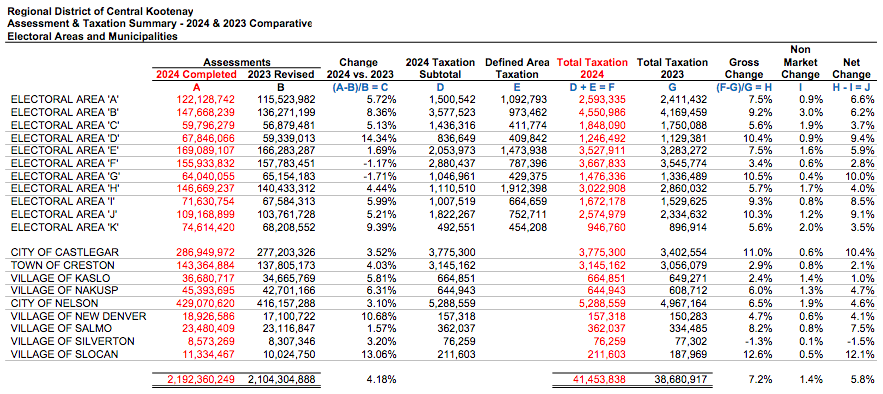
The $38.7 million the RDCK drew in its budget for 2023 has jumped to $42.99 in the new plan for 2024. Overall, BC Assessment for the entire RDCK has risen by only a 4.18 per cent average.
Leading up to the adoption of the budget on march 21 the regional district hosted nine hybrid public information sessions (in-person and online), plus two special budget meetings over the last nine weeks. The meetings allowed people throughout the region to comment and provide feedback on the five-year financial plan.
People can review the financial plan and forward questions to the regional district on the document.




